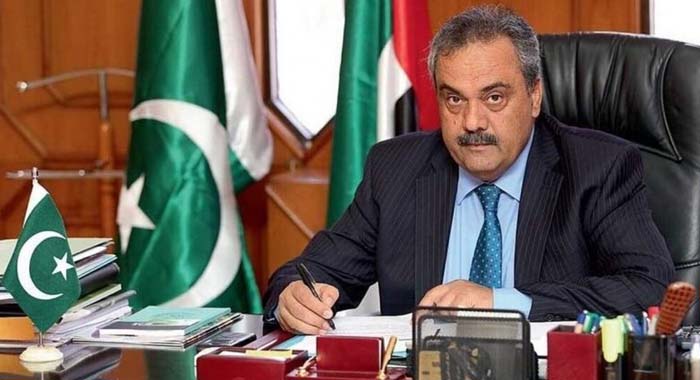Pakistan’s former Ambassador to Afghanistan, Asif Durrani, has voiced grave concerns over the growing presence of militant groups such as the Tehrik-i-Taliban Pakistan (TTP), ISIS-K, and al-Qaeda within Afghanistan, urging the Taliban government in Kabul to take immediate and effective counterterrorism measures.
Speaking on national television, Ambassador Durrani described the Taliban’s dismissal of these security threats as “regrettable” and out of alignment with international assessments, particularly United Nations Security Council (UNSC) reports that have confirmed the existence of these groups within Afghan territory.
Durrani emphasized that the presence of these extremist organizations in Afghanistan is not only a direct threat to Pakistan’s security but also a destabilizing factor for the broader region. He called on the international community to hold the Taliban accountable for their failure to address these security concerns and urged Kabul to take concrete steps to restrict militant activities near the volatile Durand Line border.
Despite repeated international reports and evidence pointing to the presence of these groups, the Kabul administration has consistently denied the accusations. Taliban officials, including Defense Minister Mullah Yaqoob Mujahid, have rejected the characterization of TTP as a terrorist group, labeling them instead as a political movement. Mullah Yaqoob has argued that governments selectively apply the term “terrorist,” with a particular focus on Pakistan’s concerns.
Tensions between Pakistan and Afghanistan have been escalating in recent weeks, particularly following a series of border clashes and airstrikes along the Durand Line, with both sides accusing each other of cross-border provocations. The ongoing friction has raised concerns about the future of cross-border trade and security cooperation, which are critical to the stability of the region.
International stakeholders, including China and Russia, have also expressed alarm over the situation, citing the risk of Afghanistan becoming a sanctuary for terrorist groups. Both countries maintain diplomatic ties with Kabul but have acknowledged the growing threat posed by extremism emanating from Afghan soil.
Ambassador Durrani’s Statement Highlights the Urgency of Regional Cooperation:
“As neighbors, it is imperative that both Kabul and Islamabad work together to address the rise of terrorism. The threat posed by groups like the TTP, ISIS-K, and al-Qaeda cannot be ignored, and it is essential that the Taliban government take definitive actions to curtail these activities within its borders. The security and stability of the entire region depend on a coordinated, effective response to these growing challenges,” Durrani stated.
With security concerns escalating, analysts warn that the lack of a cohesive response to these militant threats could further strain already fragile relations between Kabul and Islamabad, complicating efforts to maintain peace, enhance security cooperation, and foster regional economic stability.





